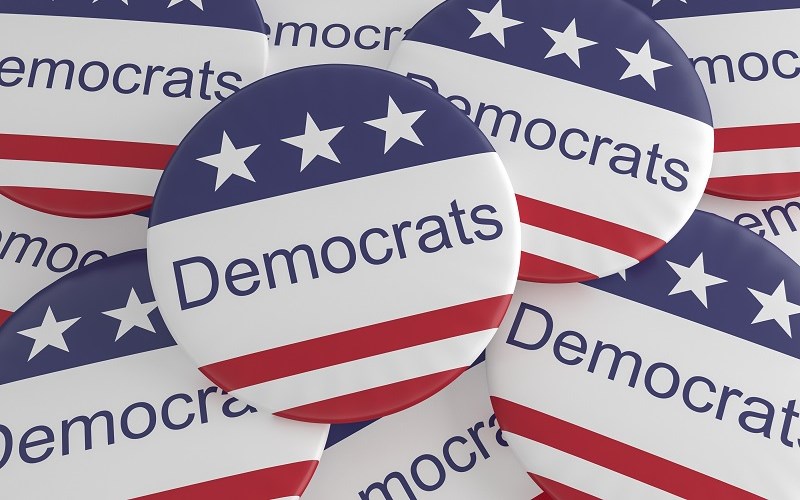The Chinese Communist Party (CCP) will hold its National Congress beginning on October 16, with President Xi Jinping on the brink of a historic third term as the party's top leader. Dede Laugesen – executive secretary for the Committee on Present Danger China and executive director of Save the Persecuted Christians – suspects Taiwan is relatively safe from the Chinese regime's threats in the weeks ahead. However, things could get rather uncertain following the National Congress, she tells AFN.
"After that, Xi may very well move on Taiwan, because it's an opportune moment for him," Laugesen contends. "If China invades Taiwan or puts a heavy blockade on Taiwan, it is likely to go down in just a couple of weeks."

Not only could that be "quite disruptive" to the U.S. midterm elections in November, she also warns it could be detrimental to America's national security.
Laugesen points out that Taiwan imports more than 90% of its energy resources – and thus would likely fall very quickly if invaded or blockaded. But as she explains, most of the microchips that America uses for computers, vehicles, appliances, and more are supplied by Taiwan.
"Without those chips," she warns, "[the U.S.] will see massive shortages in the supply chain."
Potential for 'hot war' is clear
Laugesen argues that the United States is obligated to defend Taiwan if attacked – "but President Joe Biden has wavered back and forth on the issue of coming to the defense of Taiwan," she laments.
That obviously concerns Laugesen because China continues to be a formidable threat to the region. For example, AFN recently reported that ballistic missiles may have been fired over Taiwan; and for the first time ever, Taiwan may have shot down a Chinese drone over the country's airspace.
All told, says Laugesen, "the potential for a hot war over Taiwan is very real."
Another concern
China's ambassador to France, Lu Shaye, disclosed in August that the re-education of Taiwan would follow a winning war. "We only need to study the plight of the Uyghurs in Xinjiang to understand what that threat means," Laugesen reacts.
China's entire Xinjiang region is under 24-hour surveillance as Beijing remains busy subjecting the Uyghurs and other ethnic minorities to genocide.
"Millions for Uyghers have been subjected to forced labor and re-education centers that many refer to as modern-day concentration camps," Laugesen notes. "Children have been stripped from their parents to be fed communist propaganda, while women are subjected to rape and forced sterilization."
Result: An uphill battle against criminals
"The international community has allowed itself to be bullied by Communist China for far too long," Laugesen contends. "Their influence has grown at the U.N., the World Health Organization, and more. And China has infused itself into top levels and has been busy with what they call 'unrestricted warfare' for several decades."
So, she offers some suggestions how the average American can join the fight against the CCP. First, she says, it is imperative that Americans stop supporting Chinese companies –companies that she points out are controlled by the CCP.
"Americans [also] need to tell their elected officials [and candidates running for office] that they believe China is a threat both to the United States and to the free world. They must take on this threat from China and counter it in every way that they can," she urges.
According to Laugesen, this can be accomplished through sanctions, removing access to U.S. markets, preventing the purchase of property in the United States, and more. "Both sides of the aisle need to recognize that China is at war with America, and has been for several decades," she adds.
Speaking on behalf of the Committee on Present Danger China, she concludes a good place to start would be for the Chinese regime "to be recognized as the transnational criminal organization it is."







